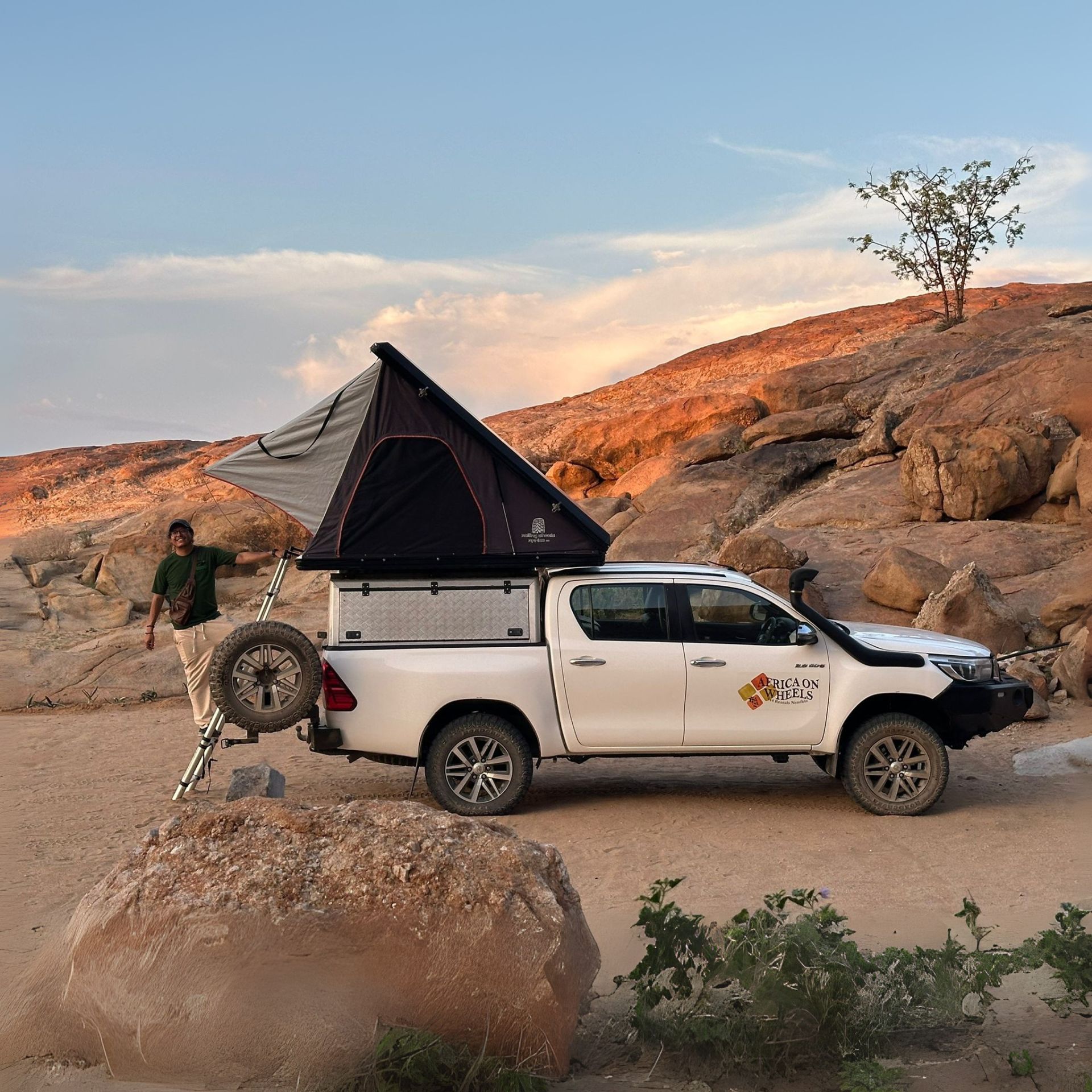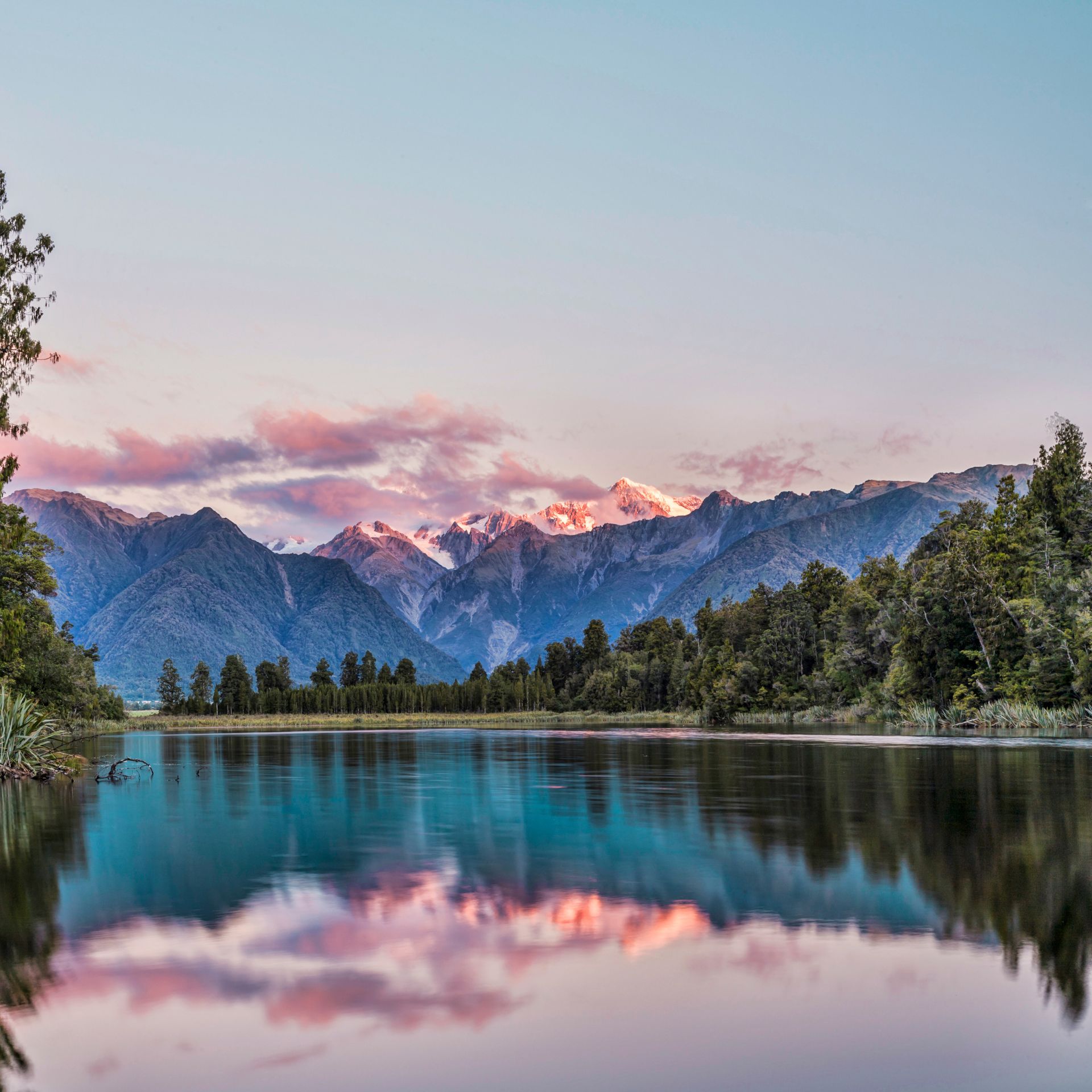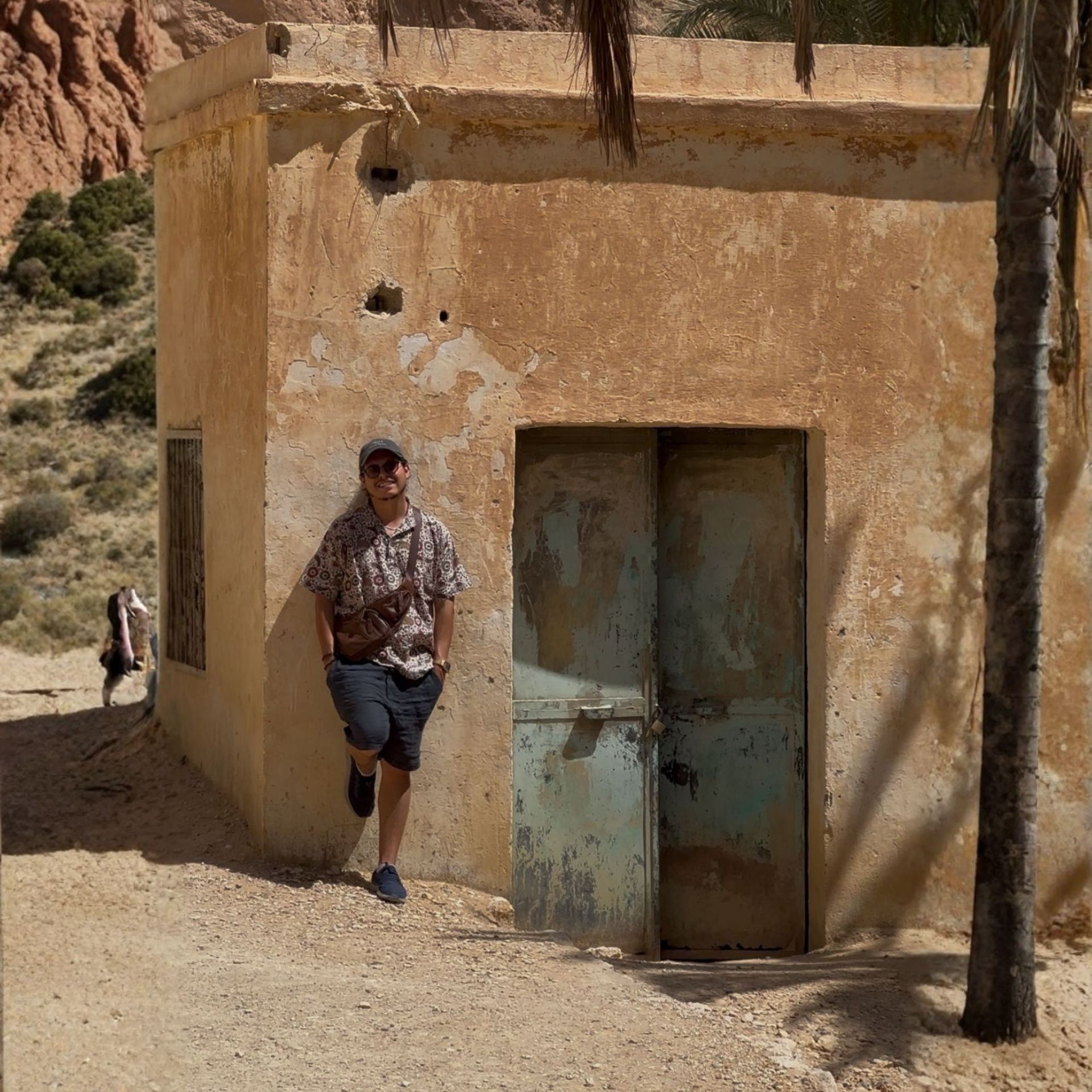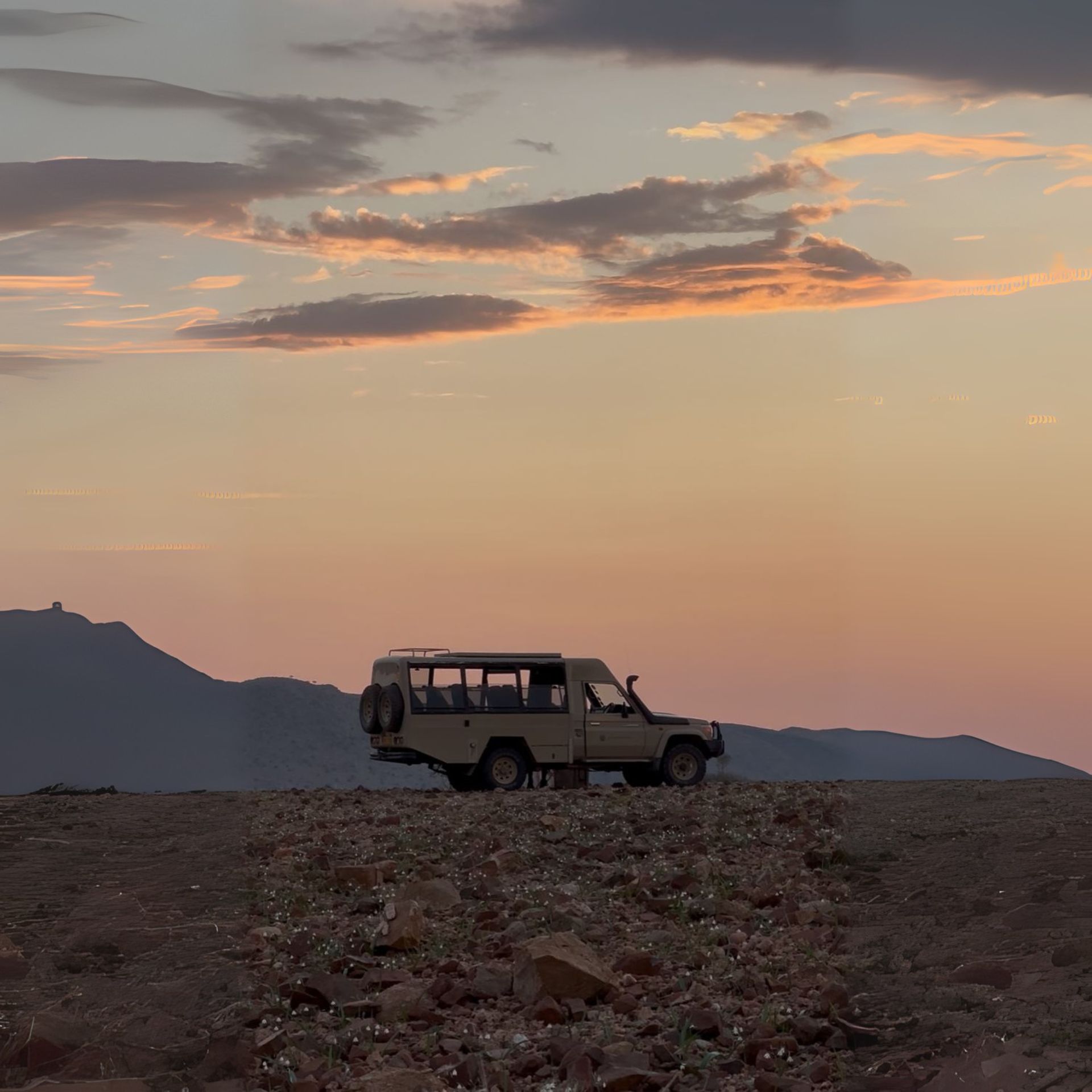I met with a former animal poacher in Uganda and talked about killing animals illegally, conservation projects, and what the government is doing to help.
Levy Tindimwebwa captured and killed wild animals in Uganda’s national parks for over 12 years. Today, he understands the environmental impact of his actions and the long-term damages he was causing. With the help of the Ugandan government, he is part of the antipoaching plan, an idea to finally stop animal poaching and understand the true causes of this issue happening all over Africa.
Levy has been a coffee farmer and a supporter of animal conservation for over six years. However, with the coffee industry in decline and the effects of the pandemic hitting everyone, he didn’t hesitate to confess that if the situation gets worse, he might consider going back into poaching.
Read more: Meeting The Pygmies – Africa’s Forgotten Tribe

The true reality of wildlife poaching
When you think about animal poaching, it is easy to imagine an armed group of Central African mercenaries making millions of dollars while embarking on a killing spree of elephants, gorillas, and rhinos. Unfortunately, the reality is way different.
Most captured poachers are farmers on the brink of poverty. They usually have multiple children, no land, no education, and no other options on how to survive. They are afraid and understand the consequences of poaching animals in the wild but can’t see any other opportunity to provide the minimum to their families.
“When your only options are capturing an antelope, so your family eats for a week, or see how your children starve in front of your eyes, the risk feels worth it, and the choice is obvious,” said Levy after I asked what is the main motivation for going poaching.
He is the father of seven children and has no education. He felt his only options were petty crime or animal poaching. Between 2004 and 2016, he became the leader of a band that entered the Bwindi Impenetrable Forest National Park and captured duikers, Ugandan topi, and wild hogs. Even though he and most of his gang got arrested several times by the authorities, he preferred this option instead of pointing an armed weapon against another human being.
Illegal poaching became his life and the only job where he saw an opportunity.
Read more: Meeting the Batwa – Uganda’s forgotten tribe

Understanding the problem
Most African governments have passed laws and bans on wildlife trade. However, these regulations were meant to protect endangered species such as the rhino, the gorilla, and the African elephant. In the meantime, poaching continued devastating more general animal populations such as the buffalo, hippo, and antelope.
“Elephant poaching and gorilla trafficking are almost inexistent in Uganda,” said tour operator Yakub Birungi. “These are animals protected 24/7 by rangers, and even if someone manages to capture one, moving it into Europe, America or Asia will be almost impossible”.
It was only until the beginning of the past decade that wildlife authorities and non-profit organizations realized the best way to stop poaching is to go to the root of this issue and understand the motivation of a poacher.
Steady jobs with reliable wages were some of the key needs of the communities of poachers. They didn’t want to risk their lives; they only wanted an opportunity to contribute to society.
Six years ago, Levy got approached by the Ugandan Wildlife Authority. On one side, he was promised some land and funds from the growing tourism, while at the same time, he was taught the importance of conservation and how it is beneficial to the whole community.
Getting these benefits was finally the exit he needed to stop poaching. He understood that hunting was not the only choice people in his situation had and started preaching to other poachers why killing animals might cause an environmental problem. He worked in collaboration with the Ugandan Wildlife Authority to help other families in the community to get out of this life.
Read more: What are animal sanctuaries and why are they so important

An uncertain future
Promises were made, but not all of them were kept. Levy only received a small section of the promised land. Furthermore, without proper farming skills, getting some land was not enough to tackle the problem.
The pandemic only made things worse. The government of Uganda didn’t have the means to support families during the pandemic, and to be honest, helping reformed poachers was very low on their list of priorities. According to Levy, some former poachers returned to the national parks and started killing animals again.
“It is unfortunate, but it is also understandable when you put yourself on these people’s feet”, he said.
The situation got even tenser as a silverback gorilla, Rafiki, was killed by a poacher who illegally entered the Bwindi Impenetrable Forest in 2020. He said in a statement, that he didn’t want to kill the gorilla, but it was self-defense when he got attacked by him.
When captured, the poacher had a bush pig and duiker meat.
Levy does not want to go back to this life, and he knows that without animals in the wild, people from abroad won’t come to Uganda. However, just like 18 years ago, he feels again against the wall and doesn’t see many options ahead.
Read more: Visiting the Bwindi Impenetrable Forest in Uganda
Read more: Reintroducing Wildlife and Its Role in Wildlife Conservation in Malawi

Read more: The importance of reintroducing animals in national parks






